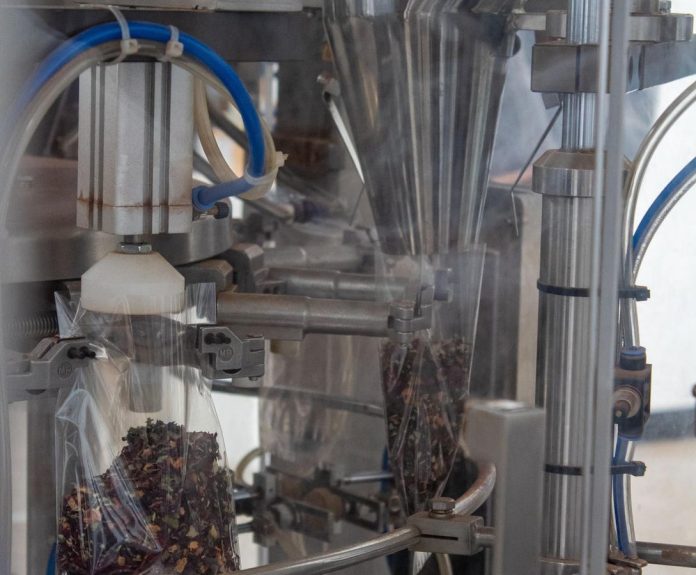Suki Tea has embraced ethical sourcing, plastic-free packaging, and workplace wellbeing to build a … More
In an era of heightened awareness around plastic waste, carbon footprints, and ethical supply chains, the food and beverage industry faces growing pressure to align everyday consumer goods with sustainable values. Tea is one of the most popular beverages worldwide, with an estimated 2.16 billion cups consumed every day and a global market value exceeding $50 billion.
However, this massive industry carries substantial environmental consequences. According to some estimates, the total carbon footprint of tea production amounts to 31.5 kg CO2e per kg of tea, with packaging (53%) and consumption (13%) representing the largest contributors. This translates to approximately 28 million tons of CO2 equivalent annually from global tea consumption alone, comparable to the emissions of entire small countries. Perhaps more alarming for consumers is the discovery that a single plastic teabag can release approximately 11.6 billion microplastics and




